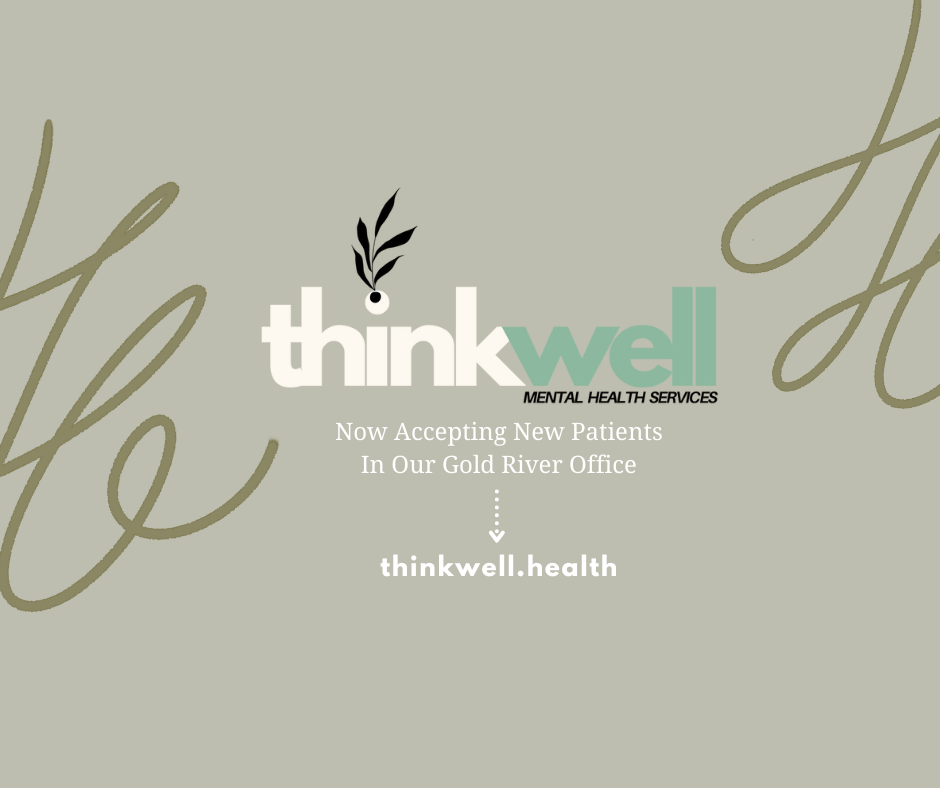Enhancing Your Emotional Intelligence for Stronger Mental Health
In today’s fast-paced world, mental health has become an increasingly important topic. With the pressures of work, relationships, and everyday life, it is crucial to develop strategies to maintain good mental well-being. One such strategy is enhancing your emotional intelligence (EI).
Emotional intelligence refers to the ability to recognize, understand, and manage our own emotions, as well as those of others. It involves being aware of our emotions and using them in a positive and productive manner. By focusing on improving emotional intelligence, we can strengthen our mental health and build better relationships with ourselves and others.
One way to enhance your emotional intelligence is through self-awareness. Take the time to reflect on your own emotions and understand how they impact your thoughts and actions. Pay attention to your triggers and patterns of behavior. By being more aware of your emotions, you can choose healthier coping mechanisms and responses to stressful situations.
Another important aspect of emotional intelligence is empathy, which is the ability to understand and share the feelings of others. Practice putting yourself in someone else’s shoes and try to imagine how they might be feeling. This can help you develop stronger and more meaningful connections with the people around you, ultimately leading to improved mental well-being.
Effective communication is also a fundamental part of emotional intelligence. Being able to express your thoughts and feelings clearly and honestly can prevent misunderstandings and conflicts. It is equally important to listen actively, giving your full attention to others and validating their emotions. Good communication skills contribute to healthier relationships, fostering a supportive and nurturing environment for mental health.
Additionally, managing emotions is a critical component of emotional intelligence. Learn how to regulate your emotions in a healthy way. This involves finding appropriate outlets for stress, such as exercise, journaling, or seeking professional help when needed. Practicing mindfulness and relaxation techniques can also help you stay present and centered, reducing anxiety and promoting mental well-being.
Enhancing your emotional intelligence requires time and effort, but the benefits for your mental health are tremendous. By becoming more self-aware, empathetic, and skilled in communication and emotion regulation, you can develop resilience and effectively navigate life’s challenges.
Prioritizing mental health and emotional intelligence is not only beneficial to individuals but also to society as a whole. By creating environments that value emotional well-being, we can reduce stigma, improve relationships, and foster healthier communities.
In conclusion, focusing on enhancing your emotional intelligence is a valuable step towards stronger mental health. Through self-awareness, empathy, effective communication, and healthy emotion regulation, you can build resilience, improve relationships, and foster a more positive outlook on life. Invest time and effort into developing your emotional intelligence, and you will reap the rewards of a healthier and happier mind.
************
Want to get more details?
Thinkwell
https://www.thinkwell.health/
279-786-7534
2937 Gold Meadow Way, Gold River, CA ,95670
Hello! My name is Kateri Ross and I am a Licensed Marriage and Family Therapist (LMFT) based in the Sacramento area of California. I work with adolescents and adults specializing in anxiety, depression, trauma, stress, anger, relationship issues, life transitions, and physical health issues. I utilize an array of therapeutic modalities based on what is the best fit for my clients’ needs and goals.
I primarily implement Cognitive Behavioral Therapy, as well as Dialectical Behavioral Therapy, Solution-Focused Brief Therapy, Strength Based Therapy, and Motivational Interviewing to help my clients navigate through challenges, explore and process difficult emotions, build resilience, and foster growth.
My approach to therapy is “person-centered” and is tailored to match the individual needs and goals of each client, ensuring therapy feels personalized and relevant to you.

